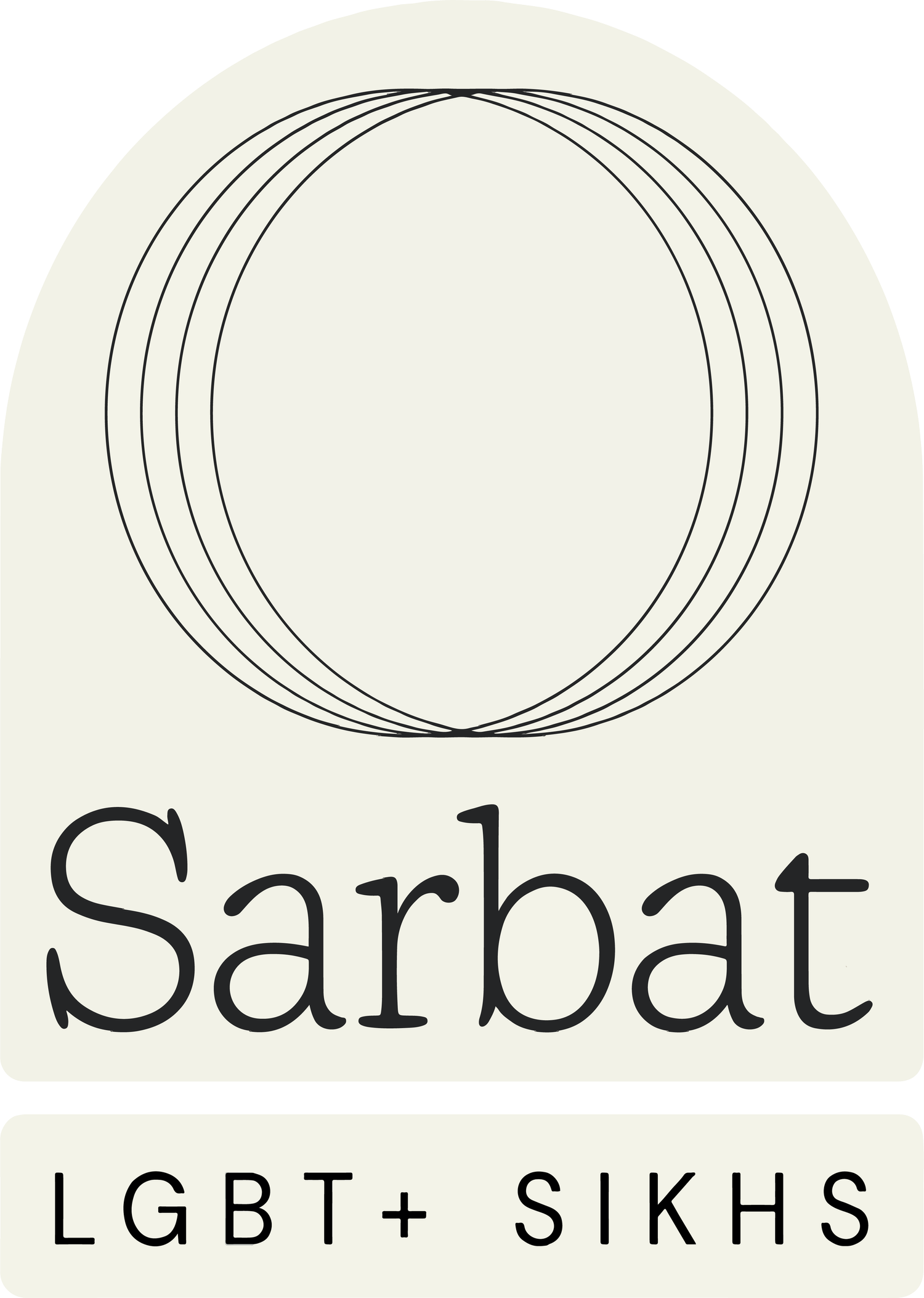An open letter to the British Sikh community Re: No Outsiders
First published on 25 Mar 2019.
Dear brothers and sisters
Sikhism is an all-encompassing religion based upon the fundamental principle of equality.
Sikhism does not speak against homosexuality. There is nothing in the holy scriptures that states that marriage must be between a man and a woman.
Furthermore, discriminating against people or groups, including the gay community, would be going against Sikh teachings. Any form of prejudice is not tolerated in Sikhism.
Sikhism preaches that all people, regardless of their background, are to be treated equally. This includes the LGBT community.
It has come to our attention that certain Sikh leaders are being contacted by some protest organisers to join them at their protests against the No Outsiders programme at primary schools around the country.
We will continue to condemn any participation involving Sikh leaders or individuals. It is not representative of the wider Sikh community. It has no basis in Sikh teachings nor Sikh values. It would dishonour the Sikh religion.
The homophobic views of this minority of people should not be associated with the religion as a whole. We urge people, who may be misled by their sayings, to dismiss any claims made as being wholly without foundation.
We would be happy to engage in debate with all those concerned.
Kam Singh with inputs from Gurdev Singh and Dharam Singh
on behalf of SARBAT
25 March 2019
What is No Outsiders?
No Outsiders, a programme created by teacher Andrew Moffat, is a framework for teaching equality and diversity to primary school children. Incorporating all protected characterises covered by the Equalities Act 2010 – age, disability, gender reassignment, race, religion or belief, sex, sexual orientation, marriage or civil partnership and pregnancy and maternity – No Outsiders aims to encourage a welcome environment for all children and promote awareness of diversity in modern British society, for example through LGBT-inclusive relationship education.

